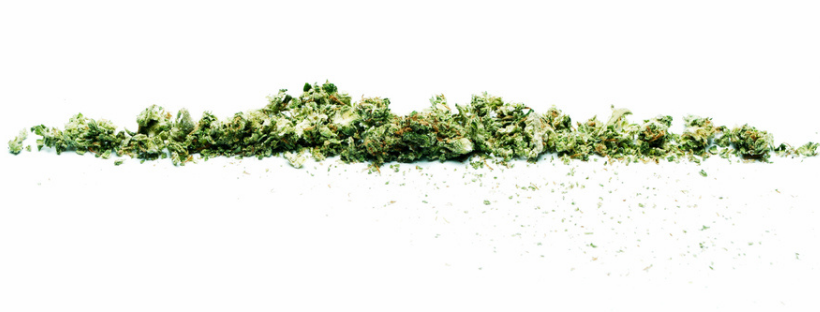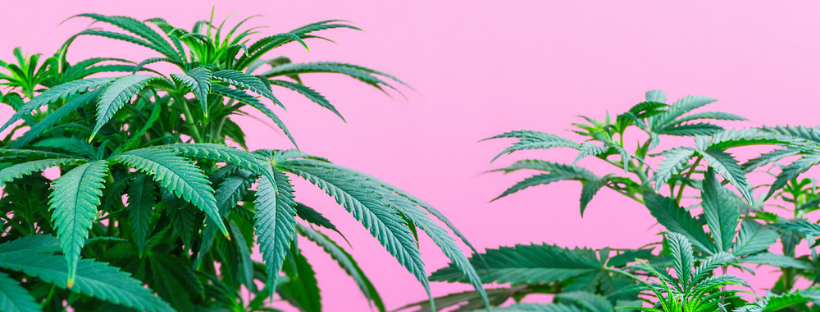Cannabis
They Say Cannabis Is Bad for Your Memory. Is That True?
The reason marijuana is not widely appreciated in society is its link to memory loss. People allege that after long-term exposure to cannabis compounds, a person’s brain gets “fried.” The individual can no longer tell apart the familiar and unfamiliar things. Well, that may be true, but only for some people.
Different Claims Have Come Up
In 2018, UK’s Daily Mail published an article that startled the global cannabis community. The article said that long-term use of cannabis impairs memory. Its authors relayed the facts and presented brain scans as evidence. With extended exposure to weed, brain structures related to memory became smaller over time. One of these is the hippocampus.
The study found that the memories of the subjects were distorted to the extent that they could not recognize anything. The findings shook many people. The information spread like wildfire, especially among the committed stoners in Canada. After reviewing the study, though, stoners could breathe a sigh of relief.
First, the study’s research subjects were mice, not human beings. Second, the study did not use marijuana itself; it used a synthetic cannabinoid manufactured in the lab. The cannabinoid was not a natural extract of the cannabis plant. Without human subjects or natural cannabinoids, there was no conclusive evidence of the toxicity of marijuana. The study failed to prove that marijuana is a questionable drug.
Another 2018 research work meta-analyzed several studies that evaluated pot consumption among adolescents and young adults. It found that these young stoners had difficulties in learning and paying attention. They also had difficulties remembering and processing information in the long-term. Yet, this influence was not permanent, and the users could bounce back fast. The scholars found that after only 72 hours away from weed, the users’ brains were normal again. A different study found that subjects aged 30 and who began smoking weed as adolescents had an equal or better cognitive test performance than the control group who had not smoked before.
However, another study had contrary results. It showed that adolescents who smoked weed had lower cognitive performance compared with teens who did not. The reason given is that marijuana causes memory impairment with its alteration of the working of the hippocampus. As people grow older, they start to lose neurons in the hippocampus. Decreased neurons reduce their ability to remember new information. Chronic exposure to THC hastens this neuron loss. In a study, rats’ exposure to THC for at least a third of their life span showed significant loss of neurons. Despite being only 12 months old, the rats had lost neurons equal to rats twice their age.
Although the study results so far lean towards marijuana being safe, the small yet significant negative part needs addressing. Should you listen to the studies that found weed to be harmless or heed the warning? The decision you make must be based on facts only.

Effects of Marijuana
Researchers have been looking into cannabis and its influence on human health. They focus on the effects marijuana has on memory. Scientists divide memory into short- and long-term memory. Short-term memory preserves temporary information, while long-term memory stores information indefinitely. The evidence brought up so far indicates that marijuana intoxication can temporarily distort short-term memory. The reason is that cannabis has some compounds that alter neural signaling when it binds to the receptors linked to memory. The interruption causes learners to have concentration problems that impede learning.
Scientists also point to the different effects of marijuana because of its antagonistic primary cannabinoids. These are cannabidiol (CBD) and tetrahydrocannabinol (THC). The brain has cannabinoid receptors, and when cannabinoids attach to them, they interrupt normal functioning. THC creates a euphoric effect, while CBD creates a dampening euphoric feeling.
THC and CBD are often in varying ratios in different cannabis strains. They must be present together so that one cannabinoid can counter the effects of the other. A cannabinoid product with only THC and no CBD would be risky. It would cause an extreme psychotic effect, possibly resulting in mental health problems. A high THC concentration affects the ability to retain information. Even this is not permanent, though. Once you stop using the drug, the psychotic effect starts to fade.
Research also shows that cannabis positively affects neurodegenerative diseases. Some of these diseases include epilepsy, Alzheimer’s, and Huntington’s. If the disease is present, research shows that cannabis helps slow its progression. Essentially, taking marijuana improves the user’s memory.
Effects on Memory
Indeed, some cannabis users may have had their memories impaired. Still, it’s challenging to establish a causal relationship between cannabis and memory loss. There are a host of other reasons why people lose their memory. Some may be predisposed to genetic memory-related conditions. Others may have been using other drugs alongside marijuana. The interaction between marijuana and these substances may have led to adverse effects. Alcohol misuse can also facilitate brain damage and loss of memory.
Another reason cannabis users may suffer memory loss is the effect of high cannabis doses. Some people disregard dosage instructions and serve themselves large amounts of weed. High doses impair the functioning of the brain. You will know you have had too much weed when you start having a feeling you cannot control. In this state, it would be difficult to process information, much less recall it. Once you make it a habit to exceed your tolerance limit, your brain will continuously be stoned, which affects your cognition in the long term. In a young developing adolescent brain, a constant high would be detrimental.

In Closing
Arguments on the safety of marijuana differ, even in the presence of scientific evidence. The reason is that cannabis has two antagonistic cannabinoids. The two cannabinoids work well because one counters the effects of the other, creating a balanced effect. If they fail to balance out each other, you may have many side effects, including an attack on your memory. Luckily, it’s easy to get back from the weed effects. You only have to avoid weed for some time.
Get good weed and dosing instructions from Togo Weed. We stock the best weed in Canada.


